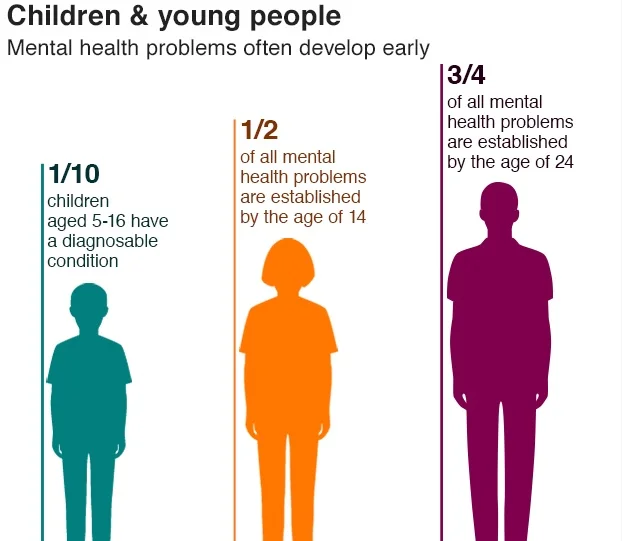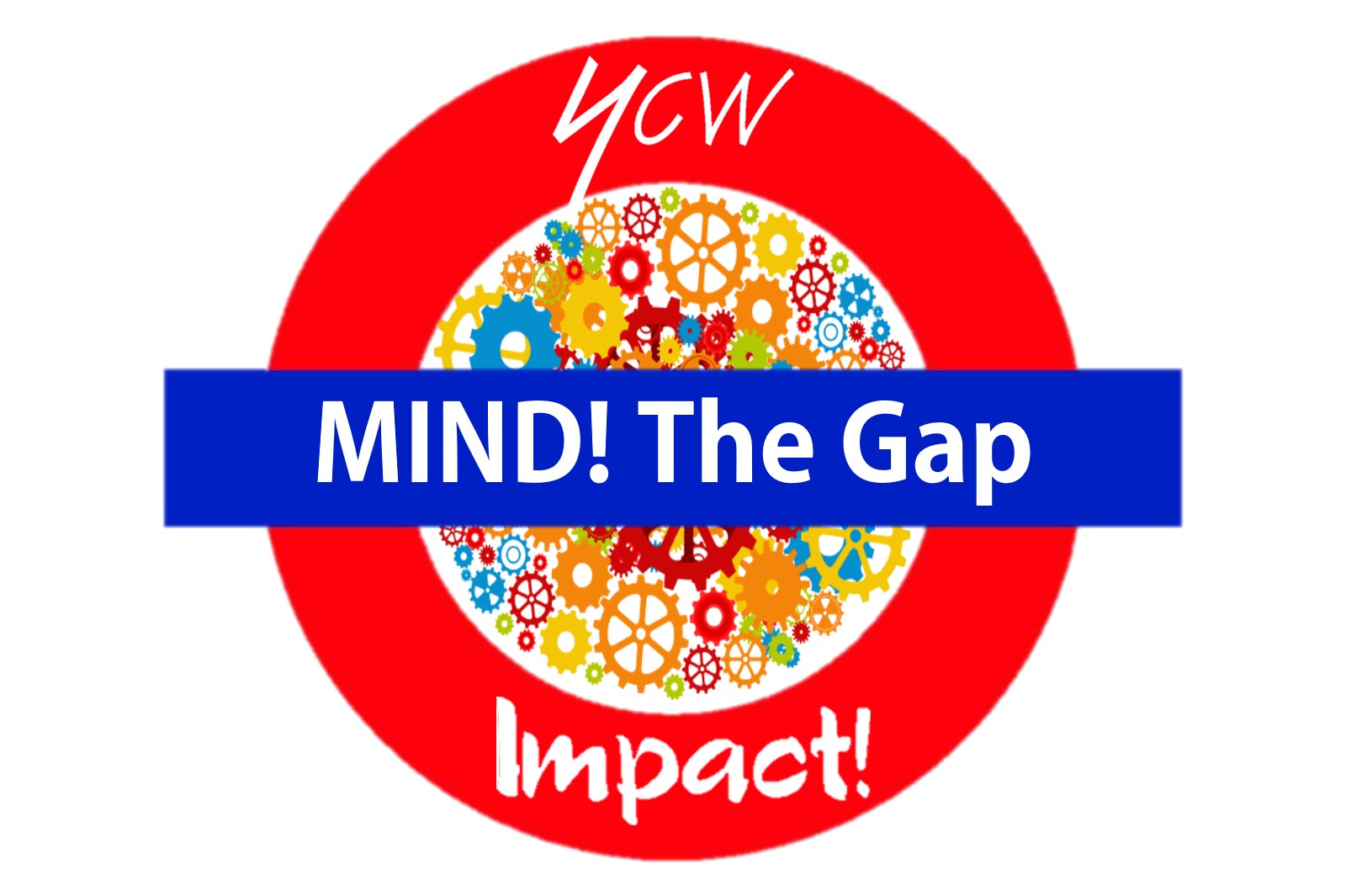Two recent reports have highlighted the growing issue of concern around young people and loneliness.
One report from the Office for National Statistics found that young adults are more likely to feel lonely than older age groups. It found that almost 10% of people aged 16-24 were "always or often" lonely - the highest proportion of any age group.
This was more than three times higher than people aged 65 and over.
Loneliness was linked to a lack of permanence or sense of belonging - such as young renters who felt few connections to their local community.
There were other themes that emerged - illness and unemployment made loneliness much more likely. Carers were more vulnerable to loneliness and to be cut off from friends.
A second report, this one by Childline, saw a 14% rise in the number of children contacting the charity about loneliness, with nearly 80% of these sessions going to girls. Some said watching their friends socialise without them on social media made them feel increasingly isolated.
Cal Strode, of the Mental Health Foundation, said that loneliness among young people could be driven by social media and the "digital world" - "Teens can have thousands of friends online and yet feel unsupported and isolated. Technology, including social media, could be exacerbating social isolation".
The YCW's current National Campaign is focusing on issues around mental health and young people and our recent SEE Stage Survey found that loneliness was repeatedly raised as a factor in poor mental health.
In response to this, our upcoming Adult Companion and Chaplain Training Day will have a guest speaker talking about loneliness and how our faith can help us respond to it.











